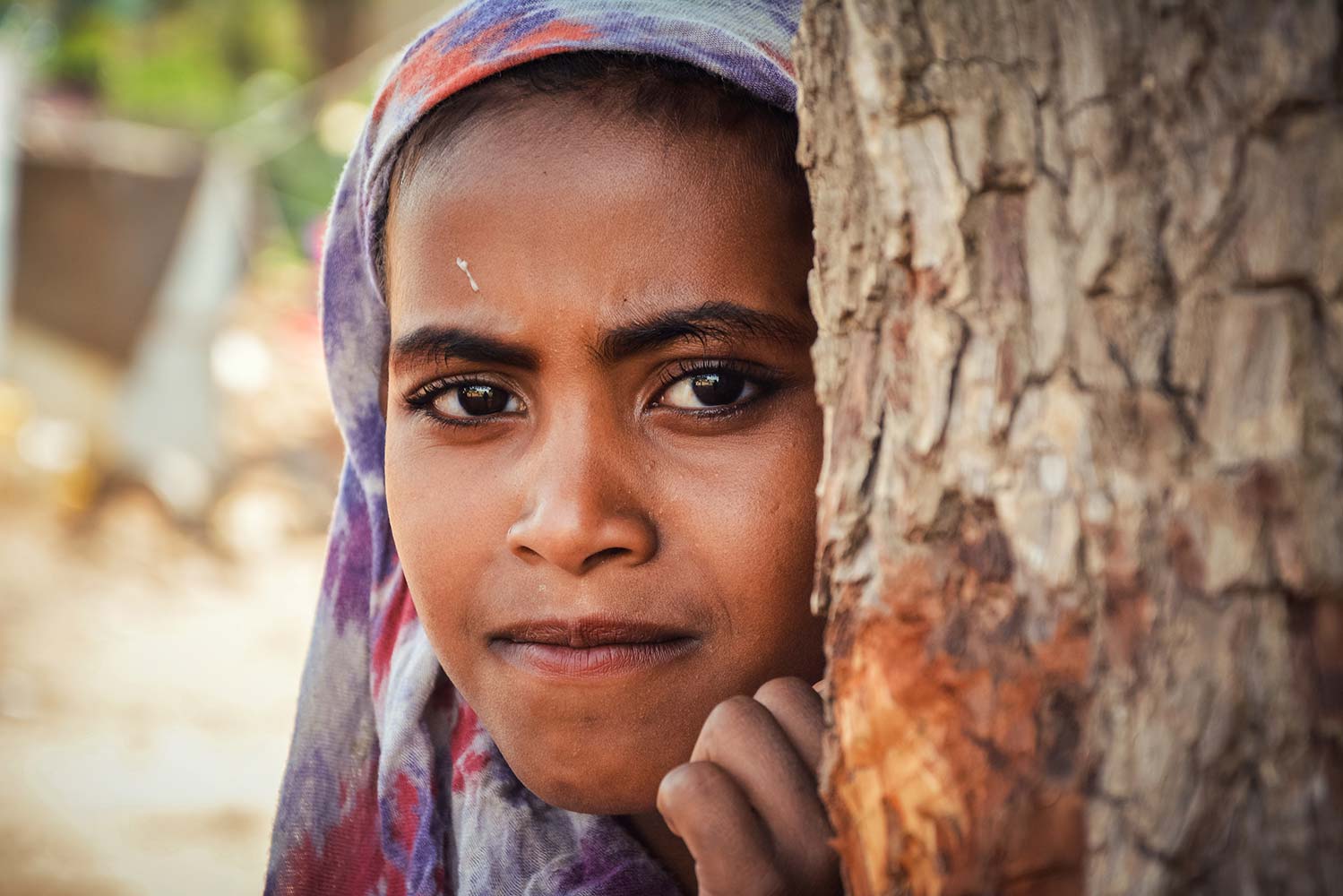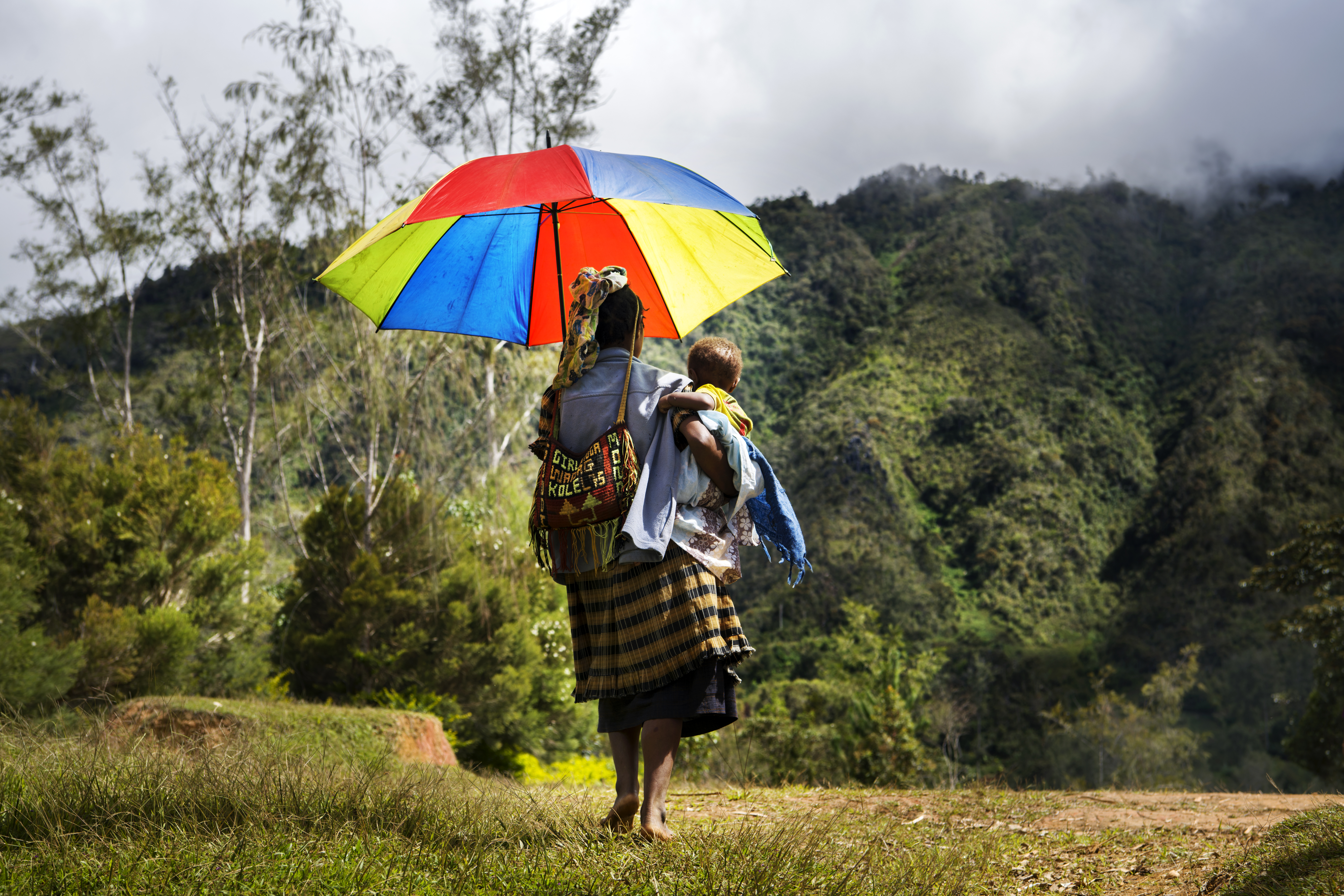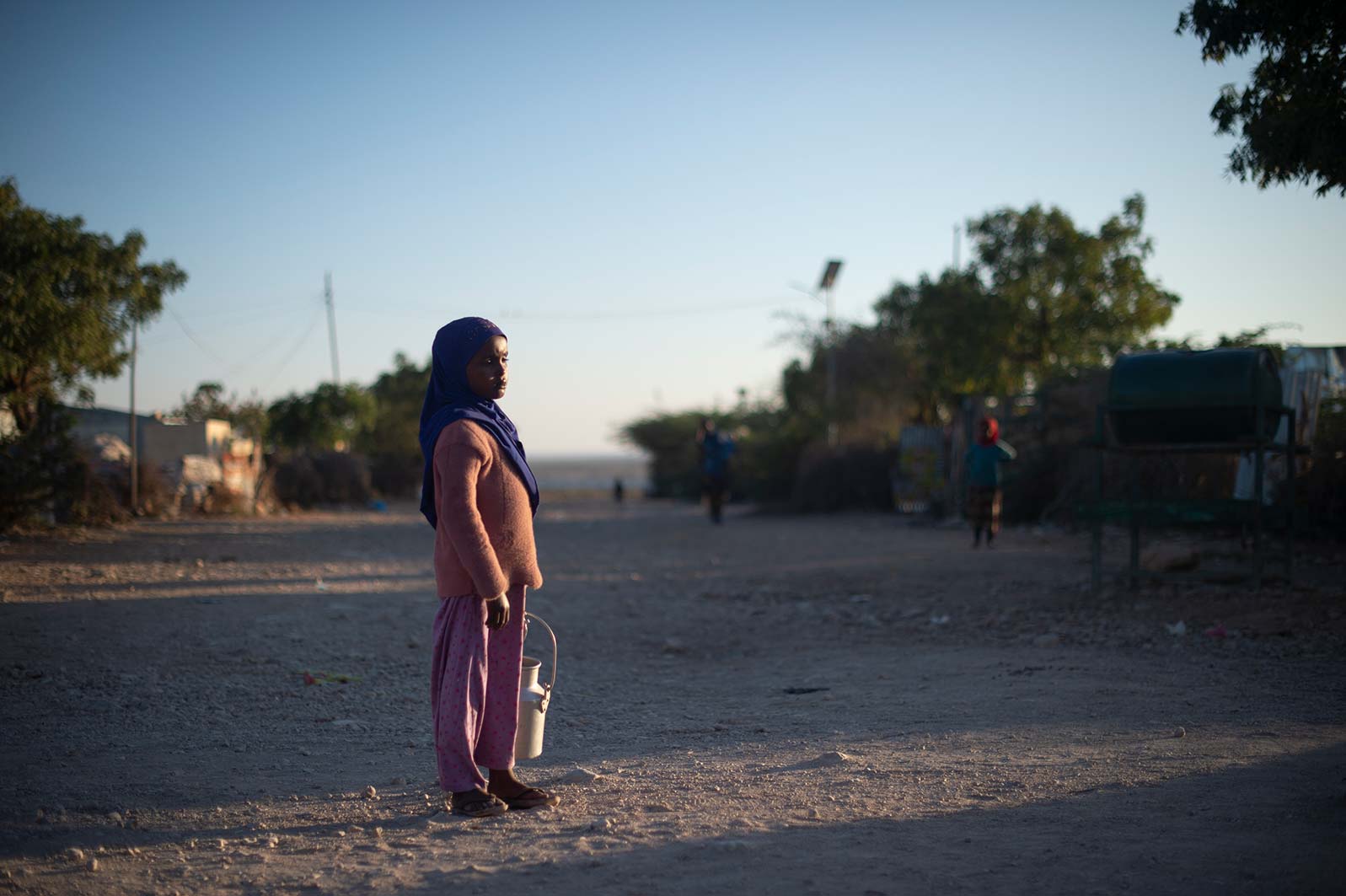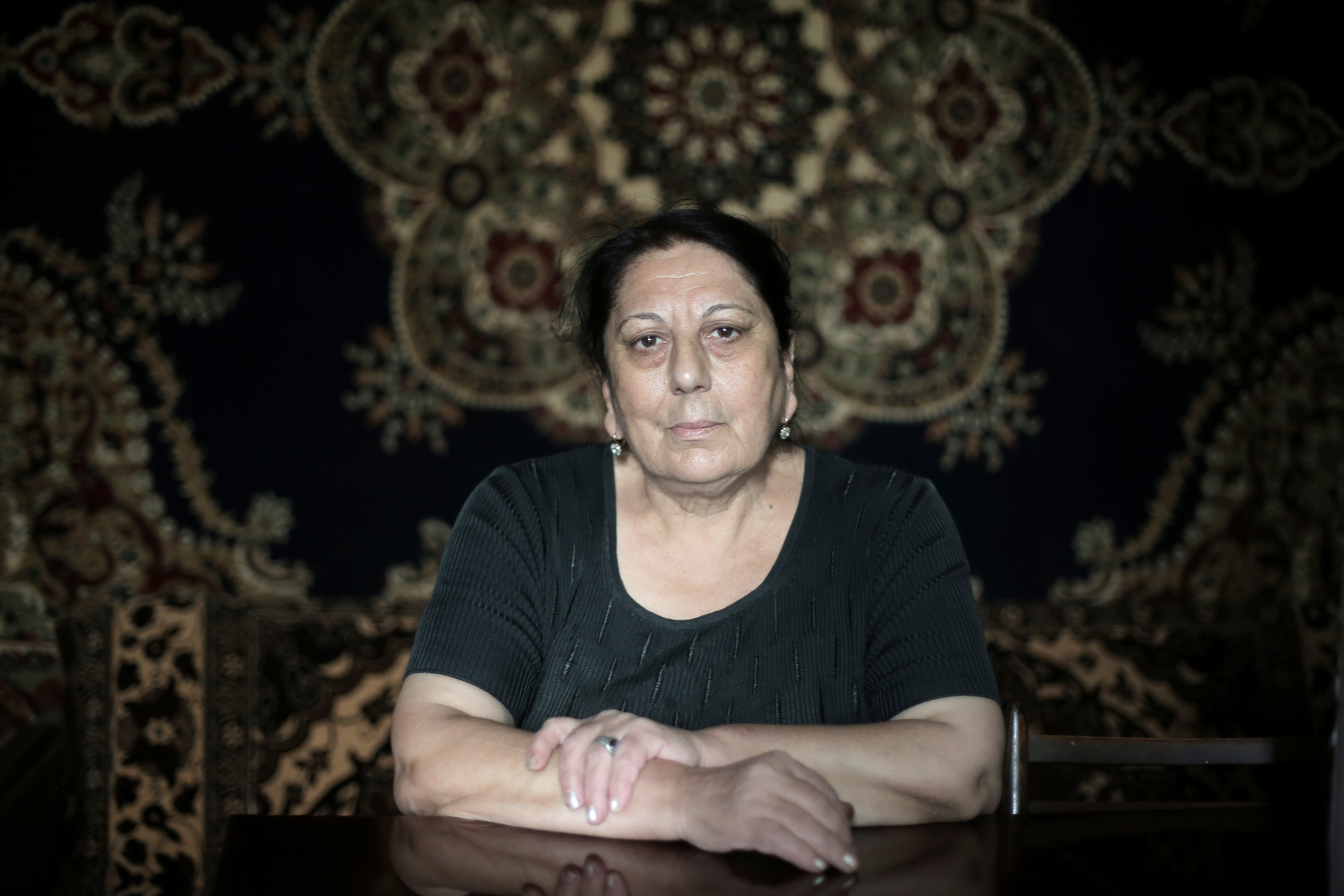1 in 3
women and girls have experienced intimate partner violence, non-partner sexual violence or both
Data insights are based on population-based household surveys representative at the national and/or sub-national levels.
© UNFPA Kiribati - Carly Learson
© UNFPA Ethiopia
 human rights violations
human rights violations © UNFPA Morocco/Roger Anis
women and girls have experienced intimate partner violence, non-partner sexual violence or both
On average, a woman or girl is killed by someone in her own family every
© Ikhsan Sugiarto, Unsplash






















women and girls alive today have undergone female genital mutilation
© UNFPA Sudan
girls are married before age 18
© UNFPA Yemen

© UNFPA Papua New Guinea

© UNFPA Somalia

© UNFPA Georgia/Dina Oganova

 even their lives.
even their lives.  survivors rise up to experience joy, personal growth and the empowerment that comes with fighting for change in their own lives and in their societies.
survivors rise up to experience joy, personal growth and the empowerment that comes with fighting for change in their own lives and in their societies.
 we can
we can end gender-based violence.
end gender-based violence.
UNFPA partners with governments, businesses, academics, civil society organizations – including feminist and women-led organizations, adolescent and youth networks, faith-based organizations and traditional leaders – as well as broader movements for human rights and social justice.
© UNFPA

 Together, we
Together, we Build and share knowledge on gender-based violence and what works to address it.
Advocate to raise awareness, change laws and policies, and support their implementation.
Build capacities to respond to and prevent gender-based violence within systems and communities.
Deliver the right services at the right time to all survivors, including in humanitarian crises, fragile contexts and online spaces.
Make sure that sexual and reproductive health services and comprehensive sexuality education address gender-based violence.
Transform social gender norms and address structural inequalities to prevent gender-based violence.
Support the agency of women, girls and young people in all their diversity.
Respond and act to the impacts of GLOBAL HEALTH CRISES, INCLUDING Covid-19, climate change and environmental degradation, which heighten risks of gender-based violence and make it harder for survivors to access support.